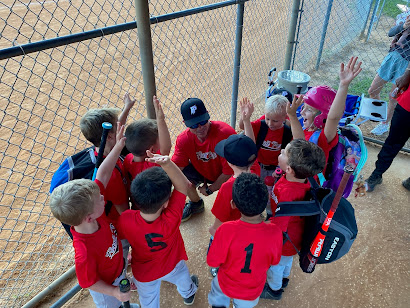Finding Justice and Healing: The Dual Paths of Compensation and Closure in Personal Injury Cases
Personal injury lawsuits are complex legal proceedings that seek to provide justice and compensation to individuals who have suffered harm due to the negligence or intentional actions of others. Beyond financial compensation, these lawsuits often aim to provide closure and a sense of justice to the injured party. In this article, we explore the significance of compensation and closure in personal injury cases, the various components of compensation, and how closure can be achieved through the legal process.
Understanding Personal Injury Lawsuits
Personal injury lawsuits arise when an individual suffers harm—physically, emotionally, or financially—as a result of another party's actions or negligence. These cases can encompass many incidents, including car accidents, medical malpractice, workplace injuries, and slip-and-fall accidents. In a personal injury lawsuit, the injured party (the plaintiff) seeks compensation from the party responsible for their injuries (the defendant).
Compensation: Making the Injured Whole Again
The primary purpose of compensation in personal injury lawsuits is to make the injured party whole again—to restore them to their position before the injury occurred, to the extent possible. Compensation may cover various types of damages, including:
Medical Expenses: This includes medical treatment, surgeries, hospital stays, prescription medications, rehabilitation, and other healthcare expenses related to the injury.
Lost Income: If the injury prevents the individual from working or earning income, they may be entitled to compensation for lost wages or loss of earning capacity.
Pain and Suffering: This type of compensation is intended to address the physical and emotional pain, trauma, and suffering endured by the injured party due to the injury.
Property Damage: In cases involving property damage, such as vehicles in car accidents, compensation may be provided to cover the cost of repairs or replacement.
Other Expenses: Depending on the case circumstances, additional expenses such as transportation costs, home modifications for disability, and childcare may also be included in the compensation.
Closure: Finding Resolution and Moving Forward
In addition to financial compensation, achieving closure is a critical aspect of personal injury lawsuits for many individuals. Closure involves finding resolution, acceptance, and peace of mind following a traumatic event or injury. While the legal process cannot erase the pain and suffering experienced by the injured party, it can provide a sense of closure through various means:
Legal Resolution: The successful conclusion of a personal injury lawsuit, whether through settlement negotiations or a court verdict, can provide the injured party with validation and justice. Knowing that the responsible party has been held accountable for their actions can contribute to closure.
Acknowledgment of Harm: For many individuals, acknowledging their suffering by the responsible party or insurance company is an integral part of the healing process. A sincere apology or admission of fault can go a long way toward closure.
Emotional Support: Throughout the legal process, injured individuals often receive emotional support from their legal team, healthcare providers, family, and friends. Having a support network to lean on can help individuals cope with the emotional challenges of pursuing a personal injury claim and facilitate the healing process.
Therapeutic Interventions: In some cases, injured individuals may benefit from therapeutic interventions such as counseling, support groups, or other forms of mental health treatment to address trauma, anxiety, depression, or other emotional consequences of the injury.
Moving Forward: After resolving their personal injury case, individuals can focus on rebuilding their lives and moving forward. This may involve setting new goals, pursuing hobbies and interests, or making positive changes to improve their overall well-being.
Compensation and closure are essential elements of personal injury lawsuits, providing injured individuals with the means to recover from their injuries financially and emotionally. While financial compensation can address tangible losses such as medical expenses and lost income, closure involves finding resolution, acceptance, and peace of mind following a traumatic event. Injured individuals can begin to heal and move forward with their lives through legal resolution, acknowledgment of harm, emotional support, and therapeutic interventions. Ultimately, the goal of personal injury lawsuits is not only to secure compensation but also to help individuals reclaim their sense of agency, dignity, and well-being in the aftermath of injury and trauma.

Comments
Post a Comment